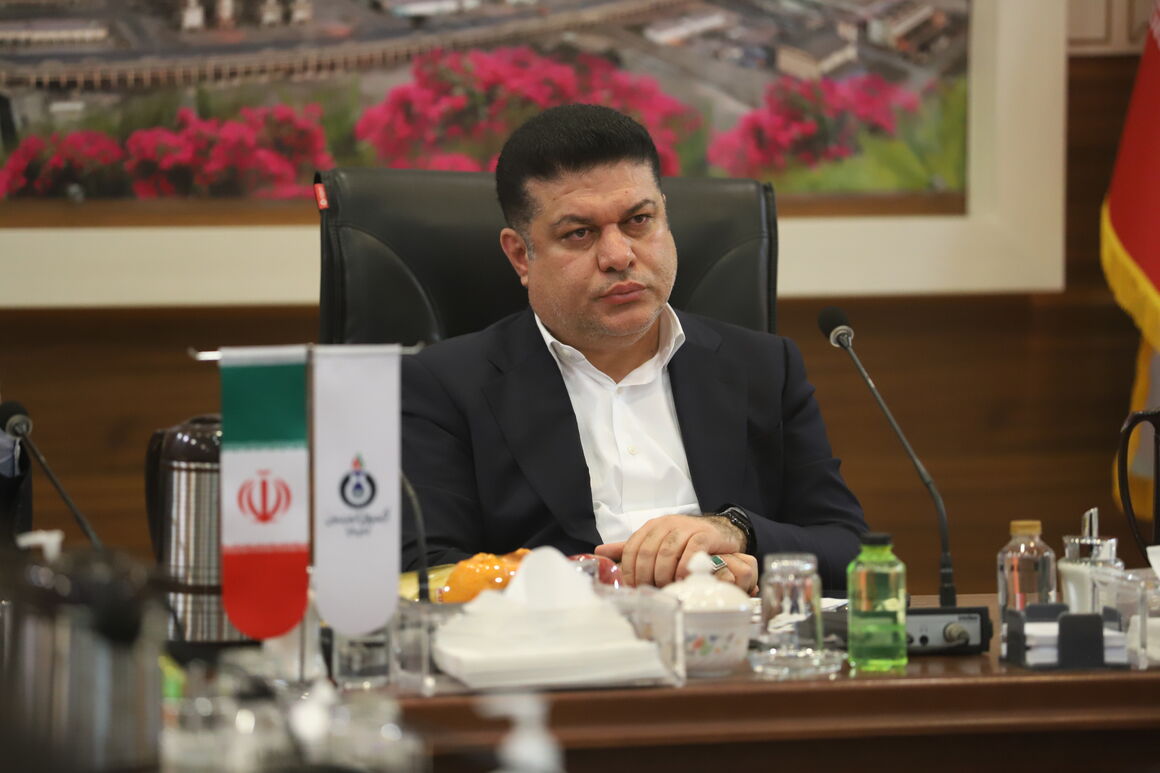CEO Ahmad Hashemi outlined the strategic initiative during a press briefing Sunday, highlighting the refinery’s resilience during a recent 12-day conflict. Despite expectations that some units might halt operations for safety, refinery staff maintained continuous production, ensuring uninterrupted fuel supply. During peak demand days, when consumption exceeded 200 million liters, Bandar Abbas refinery increased output from 11 million to 13 million liters per day.
Hashemi said the refinery is shifting its focus from heavy products toward higher-value outputs like gasoline, diesel, kerosene, and jet fuel, which account for roughly 92% of demand. Advanced units, including the RCC (Residue Catalytic Cracking) and RFCC (Residue Fluid Catalytic Cracking), will convert heavy cuts into lighter, higher-value products.
Move toward petro-refinery integration
The CEO emphasized that the quality upgrade, executed in two phases, will position the refinery as a petro-refinery. The RCC unit, set to launch soon for the first time in Iran, will produce 400,000 tons of propylene and 90,000 tons of ethylene annually.
Hashemi noted the refinery is prioritizing environmentally safer, higher-value products over riskier outputs. For instance, needle coke, a byproduct of some units, produces significant greenhouse gases, prompting global industries to seek cleaner alternatives.
He also highlighted a strategic domestic project to produce Group 1 and 2 lubricants, designed entirely with local expertise. The initiative reduces capital costs by nearly half compared with conventional methods and is expected to be completed in 36 months.
Pipeline connection saves $80m
Linking the refinery to the Goreh–Jask pipeline has increased daily crude intake from 330,000 to 340,000 barrels and replaced costly ship-based deliveries, saving $80 million.
In 1403, the refinery reported a net profit of 21 trillion rials, and in the first quarter of 1404, profits reached 17 trillion rials, up 12% from the same period last year. Hashemi attributed this growth to the shift toward cleaner, higher-quality fuel production and expects steady upward momentum in profitability.


Your Comment